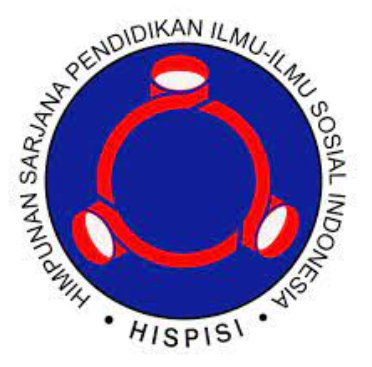DAMPAK TRADISI NGANJOR TERHADAP PERUBAHAN SOSIAL EKONOMI MASYARAKAT BADUY LUAR
DOI:
https://doi.org/10.21009/EIPS.003.2.03Keywords:
the impact of the tradition of nganjor, socio economic, the Outer Baduy community.Abstract
The impact of the tradition of nganjor on socio-economic changes in the Outer Baduy community in three villages namely Kanekes Village, Cisimeut Village and Sankanwangi Village, Lebak Regency, Banten. To get a clear description of the causative factor of the society's tradition of nganjor and the socio-economic changes of the Outer Baduy community due to the tradition of nganjor. the causative factor of the Outer Baduy society's in carrying out the tradition of nganjor was due to economic, social and customary rules. The impact of socio-economic changes due to the tradition of nganjor is due to the existence of patterns of life outside of Kanekes that are not in accordance with customary law which has implications for social change in society. The impact of social change that occurs, namely changes in behavior patterns that are characterized by an orientation to education, an advanced mindset and the use of modern technology, then economically people's income increases more, compared to the conditions before and after the nganjor tradition. Then the final impact is the changes of rituals or traditional traditions because at this time the mindset of the outer Baduy society's has become more advanced, they have been able to measure profits and losses when implementing this traditions.
Downloads
Published
How to Cite
Issue
Section
License
Authors who publish with this journal agree to the following terms:
- Authors retain copyright and grant the journal right of first publication with the work simultaneously licensed under a Creative Commons Attribution ShareAlike License that allows others to share the work with an acknowledgement of the work's authorship and initial publication in this journal.
- Authors are able to enter into separate, additional contractual arrangements for the non-exclusive distribution of the journal's published version of the work (e.g., post it to an institutional repository or publish it in a book), with an acknowledgement of its initial publication in this journal.
- Authors are permitted and encouraged to post their work online (e.g., in institutional repositories, pre-prints sites or on their website) prior to and during the submission process, as it can lead to productive exchanges, as well as earlier and greater dissemination of published work






